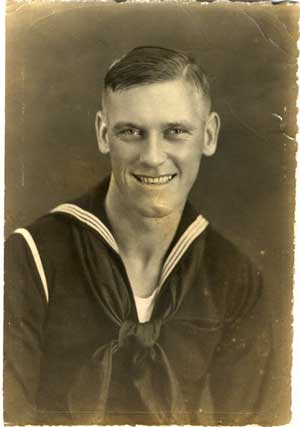The Director Daniel Lee White polished our work and ----WHOA!!!-----
Stop the PRESSES I am watching the meet at Saratoga as I write this and am amazed that the winner of the race I am watching is named OAK HILL.
Anyone who knows me in Rhode Island knows that I am much involved in the management of a great Historical Civil War Cemetery called OAK HILL. My father's people are buried there dating back to the first ancestor who established a mill in Woonsocket JOB JENCKES.
If I had not spent much of my life avoiding the sad fate of my dear father who "FOLLOWED THE HORSES" I would have had a big bet on that horse.
Well now back to the on line ZOOM presentation of the BLUE COW GROUP.
The first performance is MONDAY JULY 20 at 6pm EDST
The second performance is WEDNESDAY JULY 29 EDST at 9pm.
A Play’s the Thing
Presented by The Blue Cow Group
FRINGE PVD 2020
Showtimes:
Monday, July 20, at 6 p.m.
Wednesday, July 29, at 9 p.m.
Stream via
The Plays
Directed by Daniel Lee White
Sonnet: “To Our Wonderful Audience” by Norma Jenckes
Player—Jane Bird
Two Ladies Doth Protest by Kay Ellen Bullard
Sara—Becky Minard
Gwen—Carole Collins
Ghosted by Martha Douglas-Osmundson
Sadie Wyatt - Sarah Reed
Maya Lee - Lee Rush
Clementine DeVere - Pamela Gill
The Apparel Oft Proclaims the Man by Norma Jenckes
Allen—W. Richard Johnson
Beth—Kayla Ribeiro
Dale—Mike Daniels
Hand Off by Monica Staaf
Alice—Mary Paolino
Melanie—Kate Fitzgerald
All the World’s a Stage by Elaine Brousseau
(with original songs by Paula Elser Clare)
Julie—Amy W. Thompson
Paula—Paula Elser Clare
Open Seating by Susan Buttrick
Forest—Christopher Ferreira
Lilac—Ava Rigelhaupt
Betsy—Chantell Marie Arraial
At the Stage Door by Jayne Hannah
Olivia—Nova Drewes
Mom—Carol Drewes
Clementine DeVere—Pamela Gill
These performances are all free on Zoom and open to all.
Of course, there is an opportunity to donate. But do what you can, you are all most welcome.
SO matter where you are in the world you can use your computer to see these shows.
I was pleased with the wonderful performances that the Director has gotten from a group of 17
talented actors.
ZOOM THEATER looks like a new medium to me and it is thrilling to see how live theater performance can translate to those limitations.
 George L. Coleman was born at Valley Falls, Rhode Island on April 4, 1912 to parents Jane and Joseph Coleman. He enlisted in the US Navy in 1930 and initially served in the eastern Pacific Ocean aboard the armored cruiser USS Seattle. He transferred to the Navy's Asiatic Fleet several years later, where he served for three years aboard the heavy cruiser USS Augusta. Coleman was reassigned in 1941 to the supply ship USS Pollux, which transported troops, equipment, food, and other goods to Allied ports on both sides of the North Atlantic. He was 29 years old when the vessel ran aground off Newfoundland's south coast during a violent winter storm on February 18, 1942.
George L. Coleman was born at Valley Falls, Rhode Island on April 4, 1912 to parents Jane and Joseph Coleman. He enlisted in the US Navy in 1930 and initially served in the eastern Pacific Ocean aboard the armored cruiser USS Seattle. He transferred to the Navy's Asiatic Fleet several years later, where he served for three years aboard the heavy cruiser USS Augusta. Coleman was reassigned in 1941 to the supply ship USS Pollux, which transported troops, equipment, food, and other goods to Allied ports on both sides of the North Atlantic. He was 29 years old when the vessel ran aground off Newfoundland's south coast during a violent winter storm on February 18, 1942.